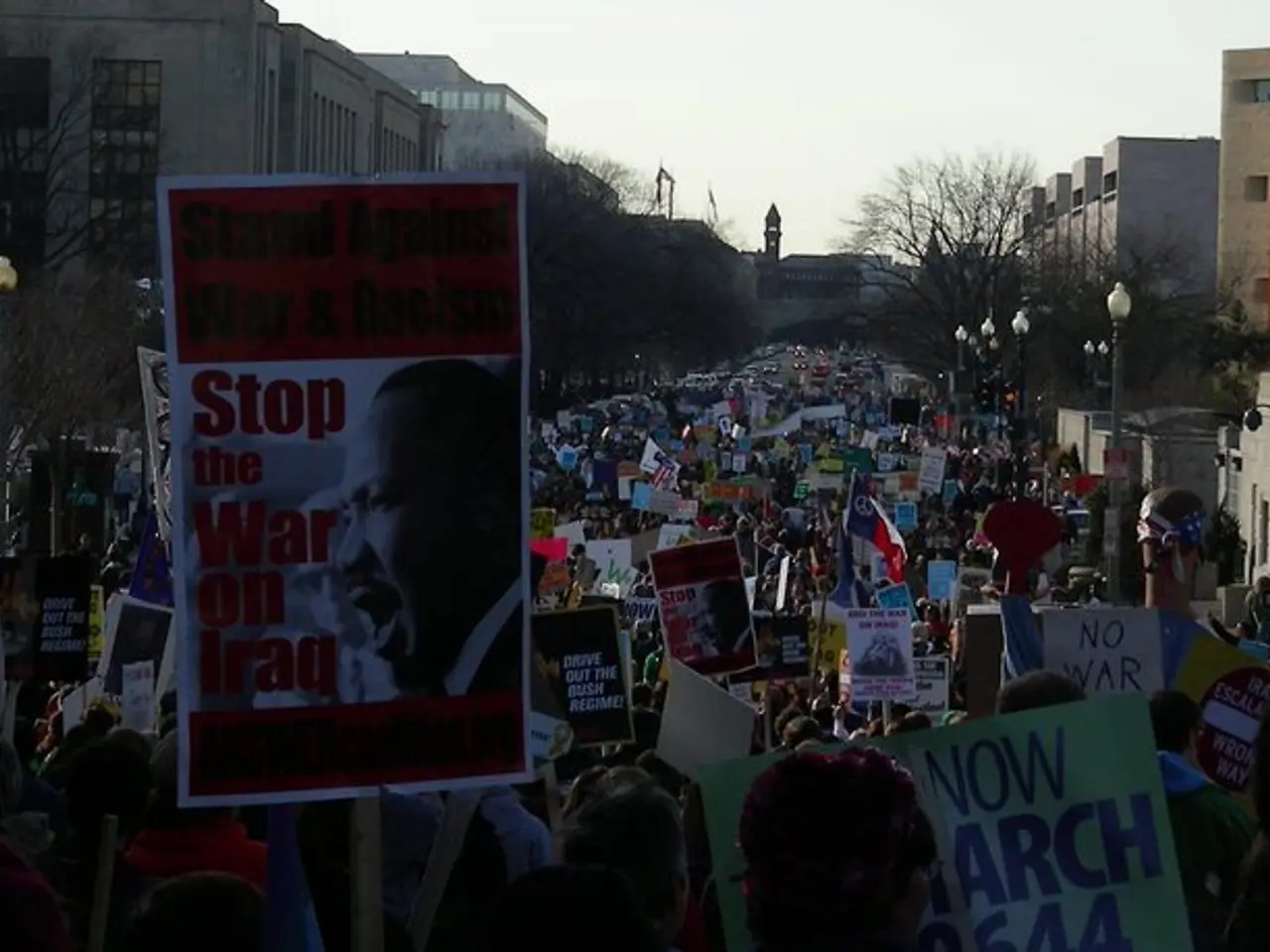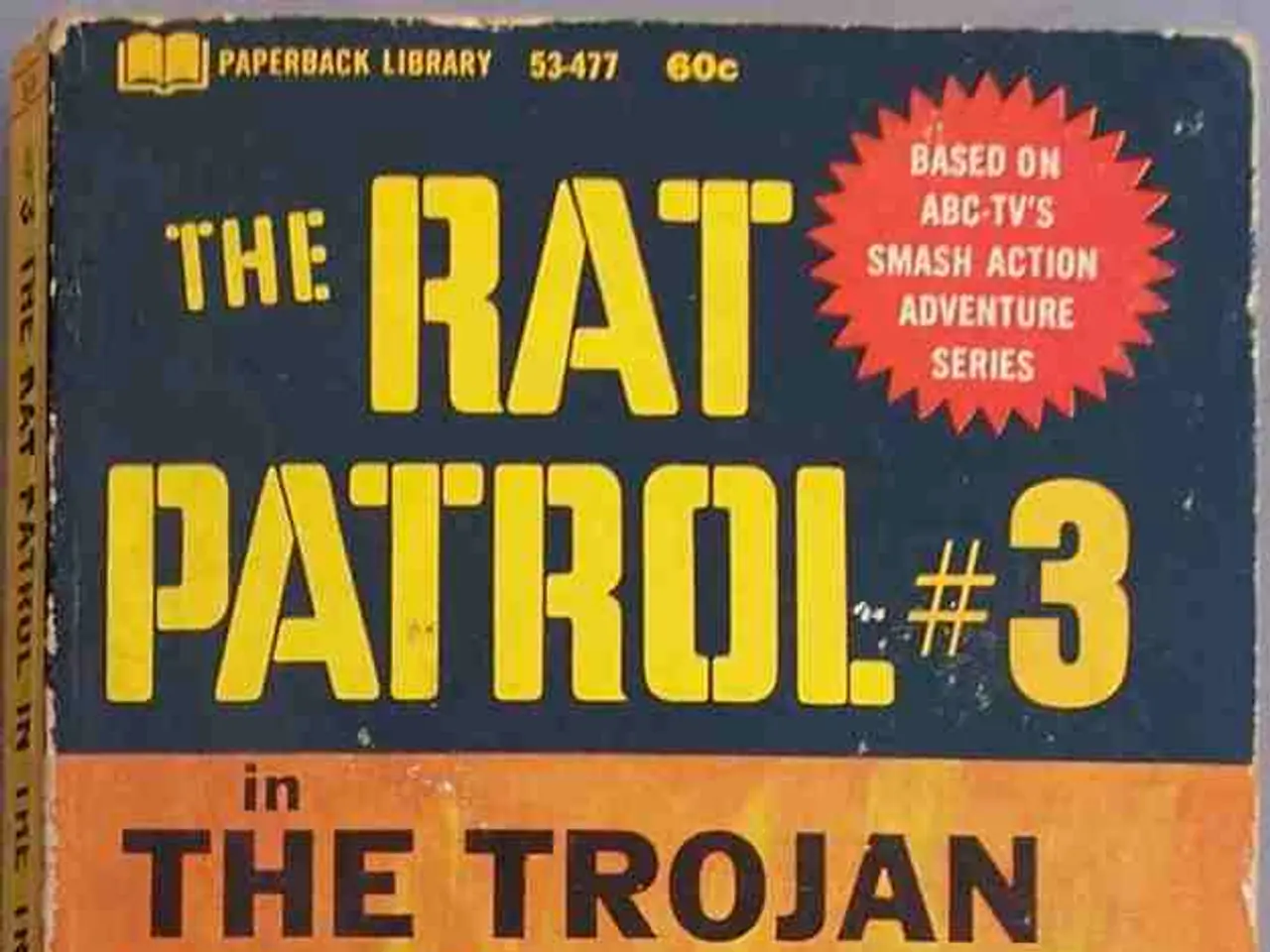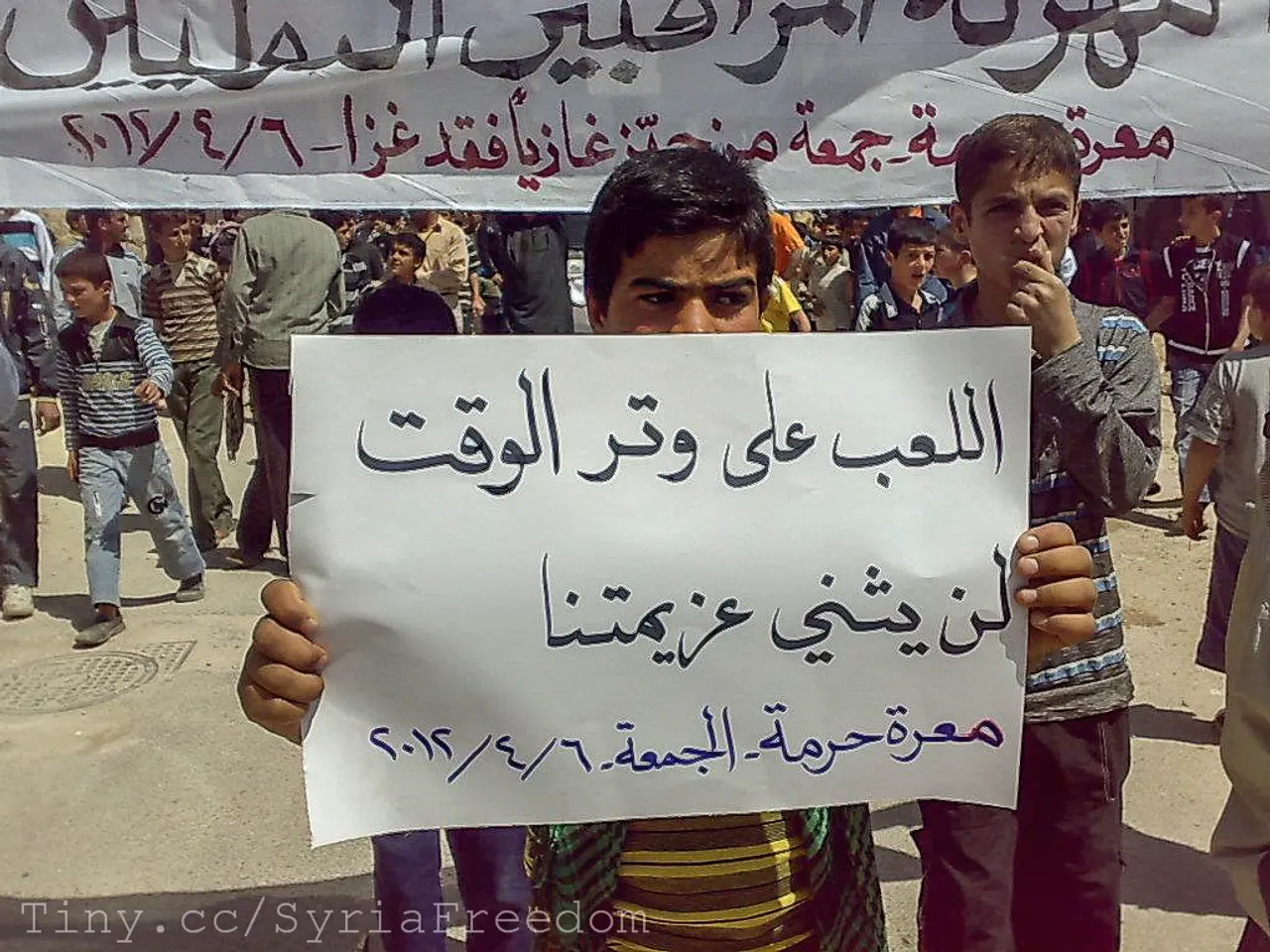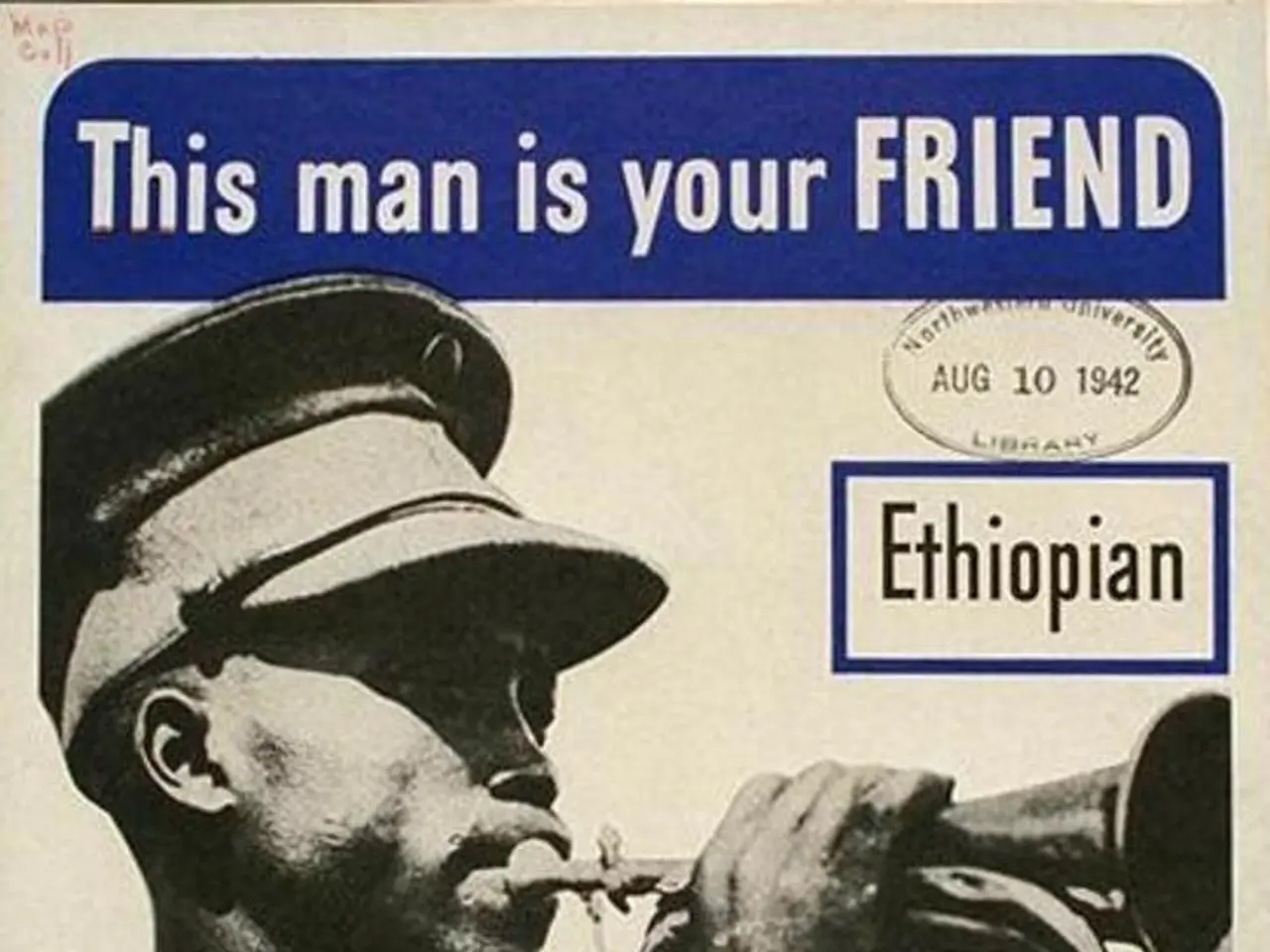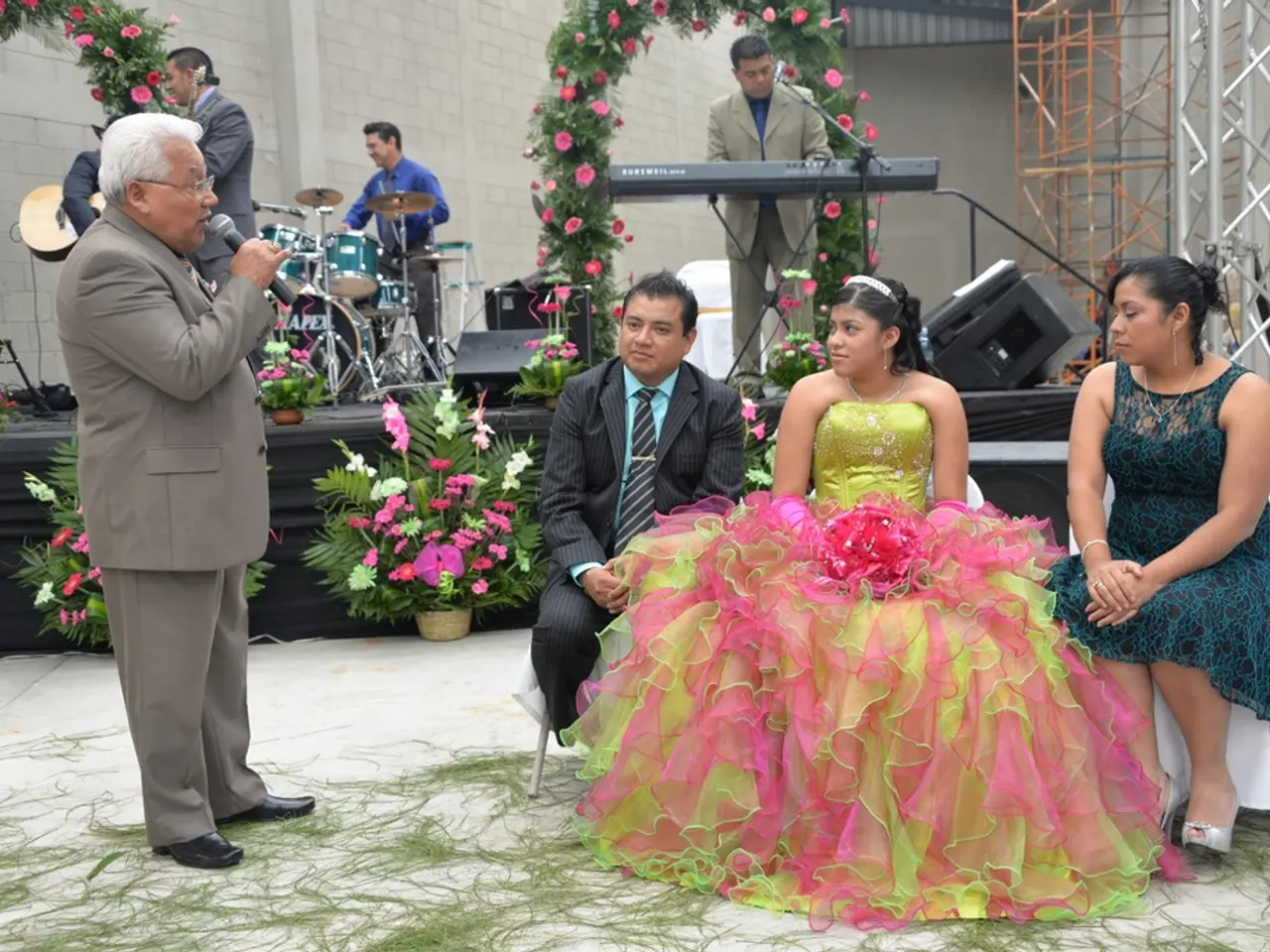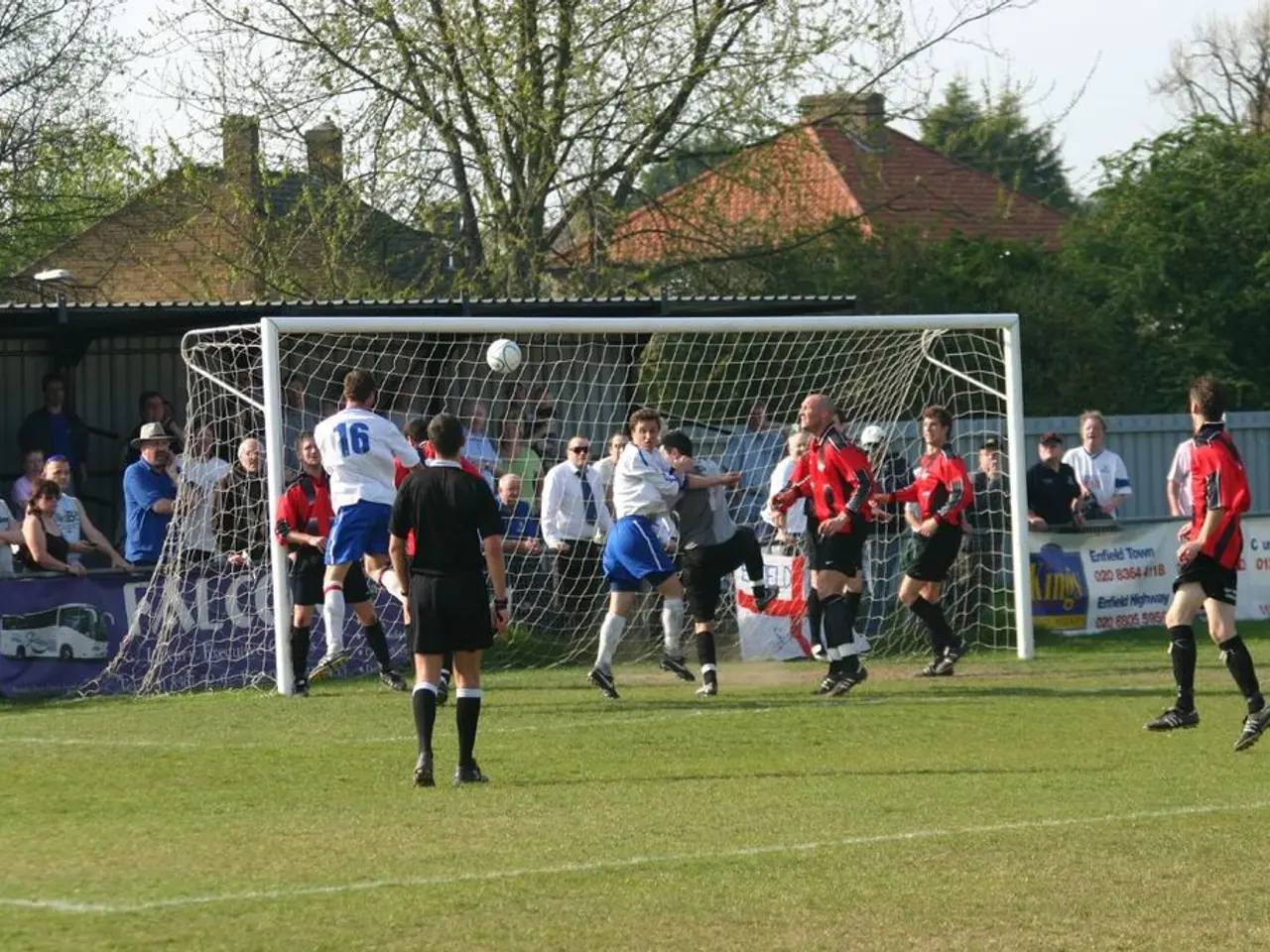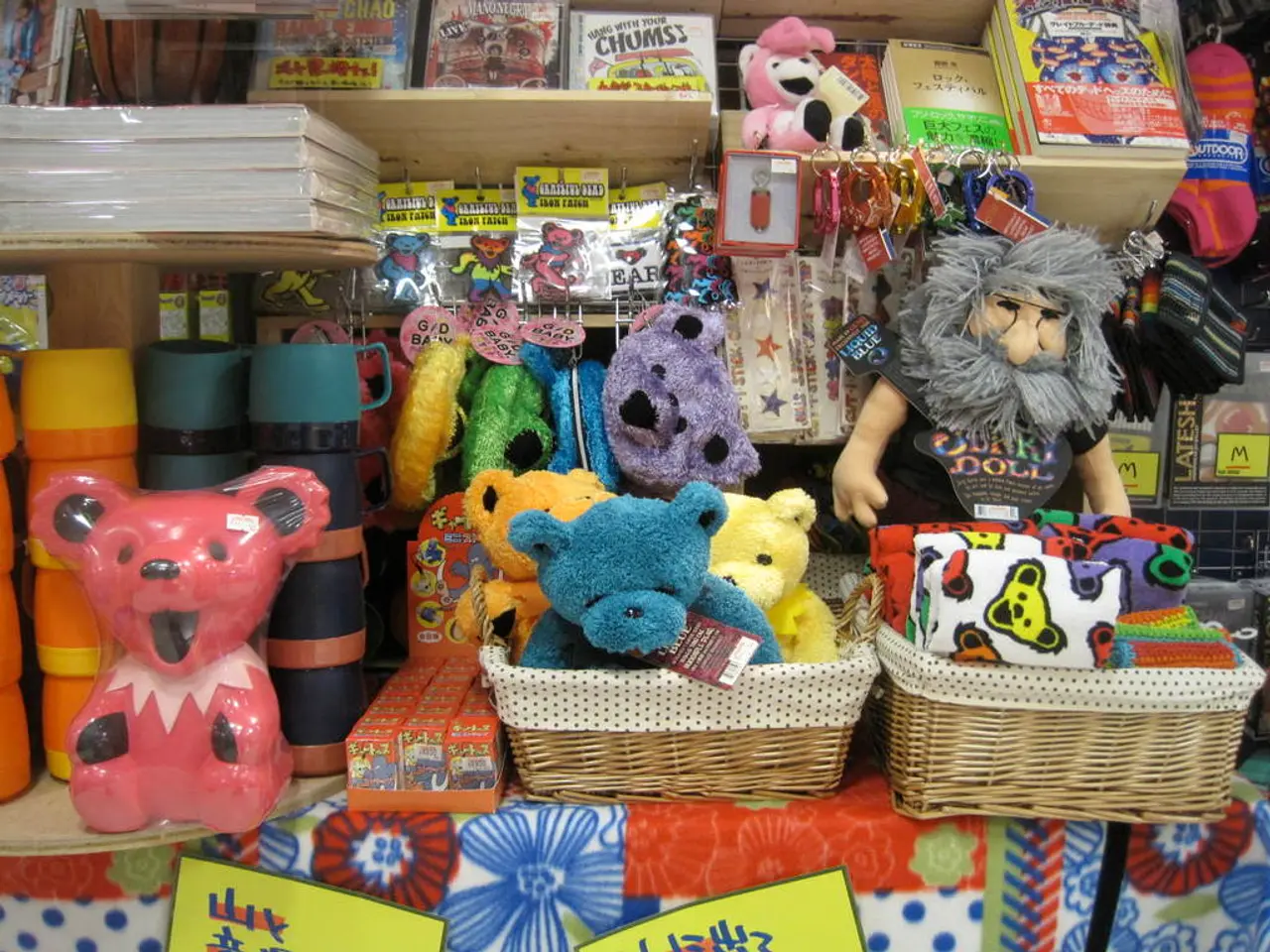Conflict Erupts: Jean-Michel Aulas versus Environmentalist Majority in Lyon - "True Lyonnais" and "Nazi Derbies" Phrases Signal Intense Dispute
In the heart of France, a heated debate has arisen in the city of Lyon, centering around the use of the term "real Lyonnais" and its political and social connotations. This controversy involves two key figures: Jean-Michel Aulas, the prominent businessman and long-time president of Olympique Lyonnais (OL), and Grégory Doucet, the current mayor of Lyon, affiliated with the Green Party.
Lyon, a major French city with a politically and culturally diverse population, has been grappling with ongoing social debates about identity, belonging, and representation. The term "Lyonnais" refers to people from Lyon or with strong ties to the city, but "real Lyonnais" can have implications about who authentically belongs or represents the city’s identity. In French political discourse, phrases implying "real" locals versus outsiders have sometimes been associated with exclusionary or nationalist rhetoric, including far-right political undertones that emphasize native identity and cultural purity.
At the centre of the controversy is a reported use or defence of the phrase "real Lyonnais" by Aulas, implying a definition of belonging tied to certain economic, cultural, or historical criteria. Doucet, in response, has challenged this use, interpreting it as potentially echoing rhetoric employed by extreme right-wing groups that promote nativism and exclusion of newcomers, immigrants, or marginalized communities.
This dispute has sparked broader debate in Lyon about civic identity, inclusiveness, and the language used by public figures. Doucet’s stance is aligned with his political platform of inclusiveness and opposition to any rhetoric that could stigmatize social groups or reinforce divisive identities. Aulas, on the other hand, has disputed such accusations, likely arguing that his usage was about local pride or tradition rather than political exclusion.
This controversy reflects wider tensions in French urban politics regarding how cities define themselves culturally and socially amid growth, immigration, and political polarization. It also highlights how language and symbols, like "real Lyonnais," can become focal points of conflict over identity politics. The association of certain phrases with extreme right rhetoric is part of a broader national conversation in France about the rise of far-right parties and their influence on public discourse.
The controversy has taken a new turn with the upcoming municipal elections in which Doucet has announced his participation. Aulas's use of "real Lyonnais" has been seen by some as a divisive tactic, potentially aligning with extreme right-wing views. This dispute is emblematic of the challenges French cities face in balancing pride in local heritage with the need for inclusivity in a diverse society.
In a recent development, Jean-Michel Aulas gained a new supporter, Raymond Domenech, who agreed with Aulas's idea that politicians are at the service of their voters, not the other way around. Aulas's Twitter account is known for attacks on cleanliness, transport, or works in Lyon. The ecologists on a fact-finding tour in Lyon are responding to Aulas's critical message. Fabien Bagnon, vice-president of the metropole, stated that Aulas's talk of "real Lyonnais" could lead to discussions about "real French" or "real Germans."
The controversy continues to unfold, with both sides holding firm to their positions. As the municipal elections approach, the debate over the use of "real Lyonnais" and its implications for Lyon's identity and future is likely to remain a hot topic.
War-and-conflicts within the political landscape of Lyon have escalated, as the term "real Lyonnais" becomes a focal point of debate. Policy-and-legislation, specifically regarding inclusiveness and the language used by public figures, are under scrutiny.
General-news outlets are closely monitoring the ongoing dispute, as it mirrors wider tensions in French urban politics and reflects the broader national conversation about the influence of far-right parties on public discourse.
